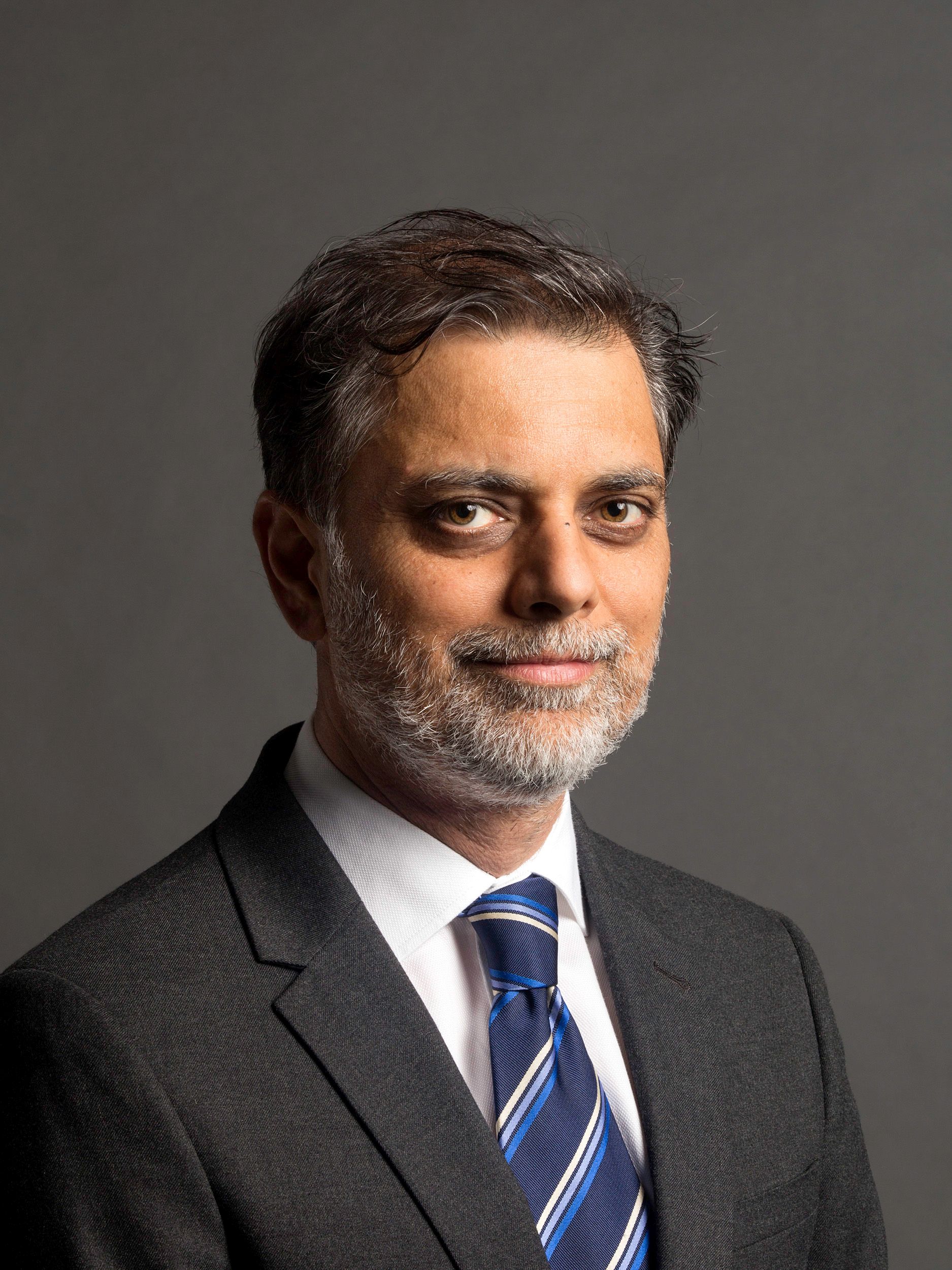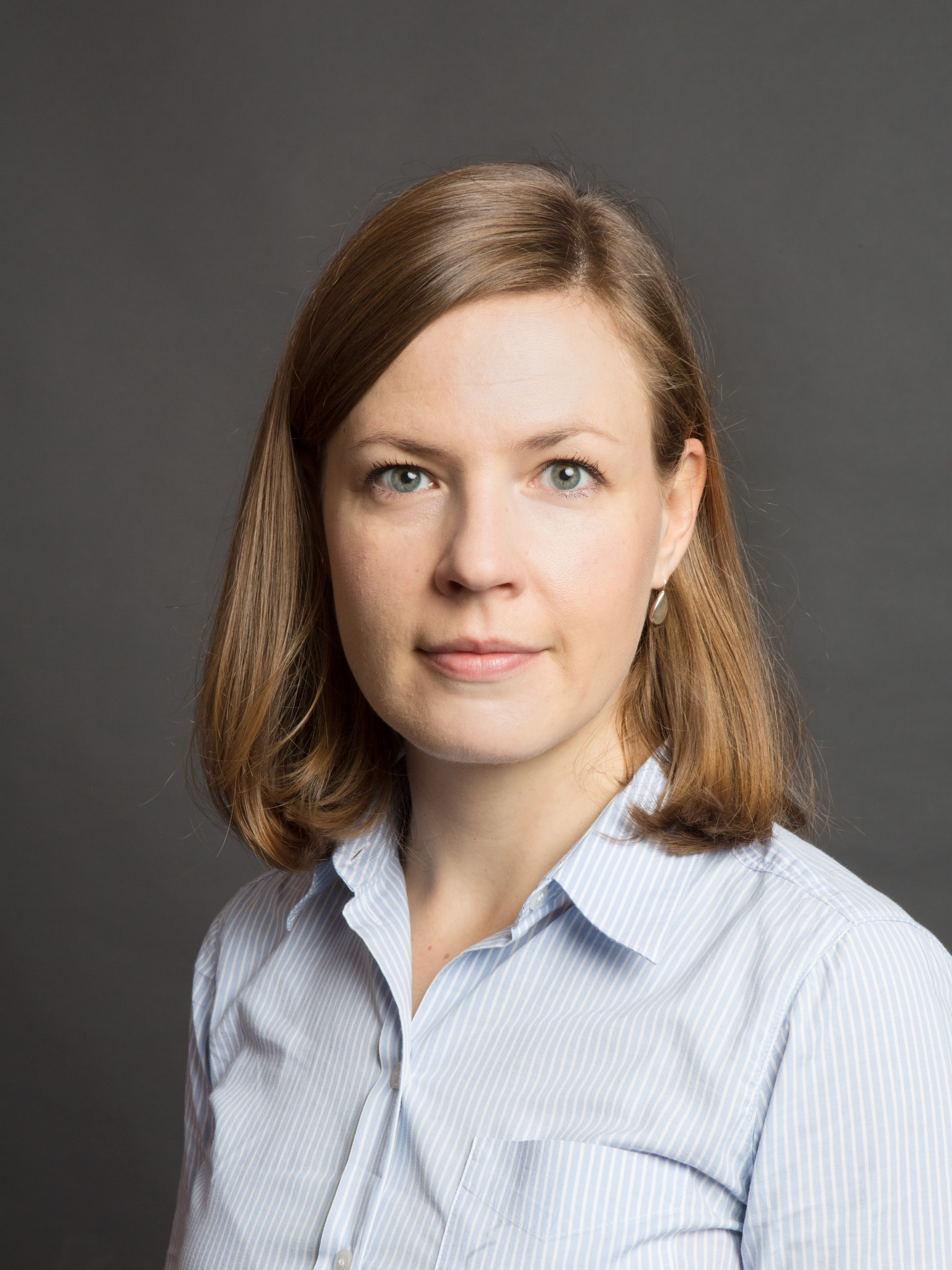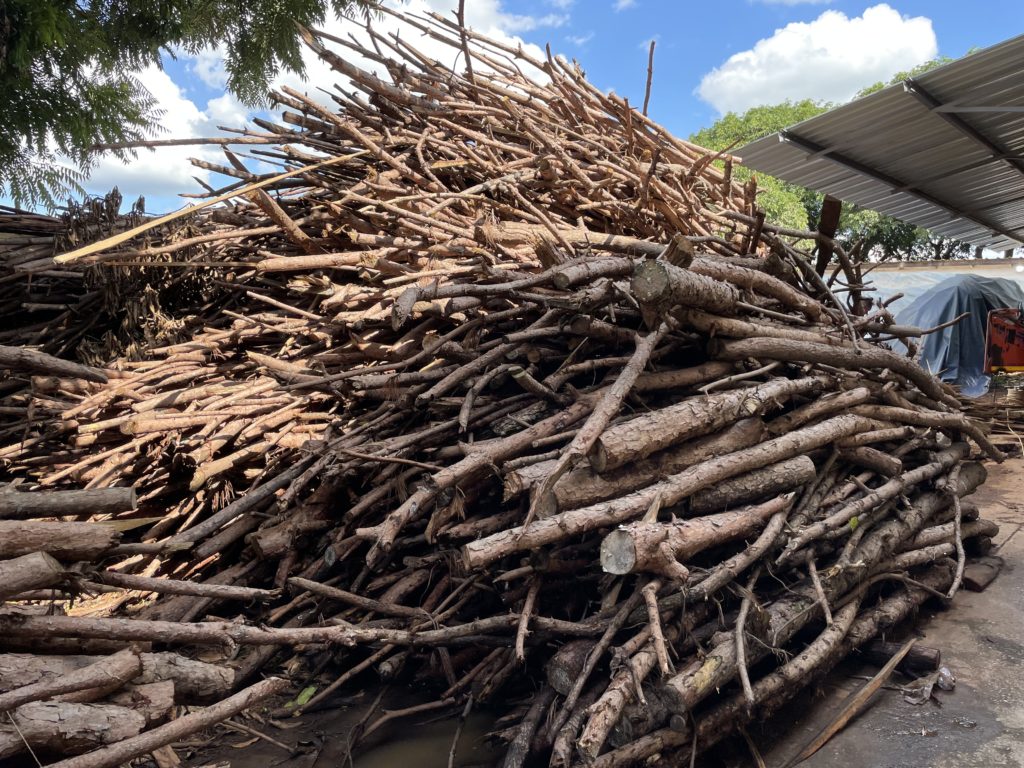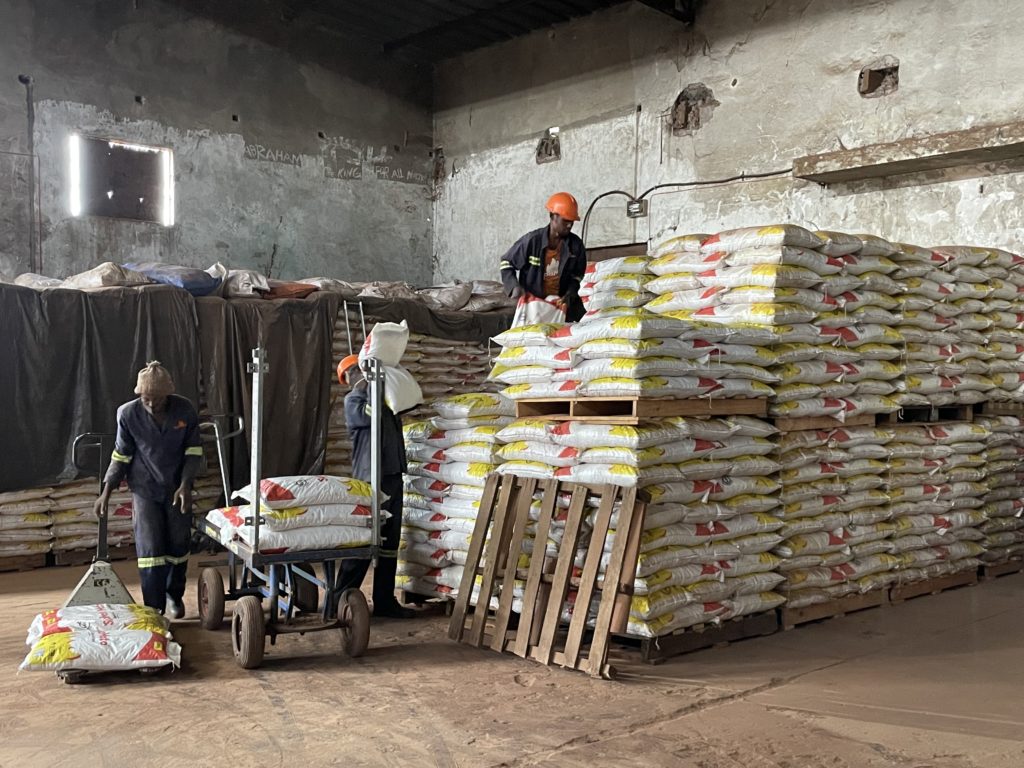- Article
Incentivising change in the clean cooking sector in Africa
By Ash Sharma and Heli Sinkko, Nefco


Ash Sharma and Heli Sinkko are respectively, the Head and Coordinator of the Modern Cooking Facility for Africa at Nefco – the Nordic Green Bank, an international financial institution owned by the Nordic countries and based in Helsinki, Finland.
The lack of modern, clean cooking access is a global challenge that can no longer be ignored. The estimated cost of inaction totals more than some USD 2 trillion a year, with some USD 1.4 trillion related to negative health impacts alone. Household air pollution from traditional stoves and fuels cause over four million premature deaths, mostly of women and children, annually. This death rate is higher than the combined deaths caused by malaria, tuberculosis, and HIV/AIDS.
As of 2018, over 890 million people in Sub-Saharan Africa (SSA) lack access to modern, clean cooking solutions, an increase of 18% from the 2010 figure of 750 million. SSA is the only region in the world where clean cooking access has not kept pace with population growth.
From 2010 to 2018, access to clean cooking in SSA only increased by an annual average of 0.4%, compared to the annual average population growth of 2.7%.[1] Global efforts to increase clean cooking access will need to target SSA with greater intensity if SDG7 is to be achieved.
Interested in the clean cooking sector? Subscribe to our newsletter
Compelling rationale for targeted action in the African clean cooking space
Across the African continent, households, especially women and girls, spend up to five hours daily collecting firewood, with a regional average of 2.1 hours preventing them from participating to economic activity, attending school and in worst cases exposing them to the risk of physical violence. Furthermore, there is immeasurable annual economic loss and opportunity cost associated with time spent on cooking and collecting fuel.

Against this backdrop, Nefco, with financing initially from Sweden and soon to be from the European Union[2], has now launched the Modern Cooking Facility for Africa (MCFA) programme. The MCFA is an impact-focused instrument, which aims to support access to clean and affordable energy solutions to develop new markets for the clean cooking sector in the Democratic Republic of the Congo, Kenya, Mozambique, Tanzania, Zambia and Zimbabwe through results-based financing for private sector actors.
The EUR 30.8 million financing programme targets higher tier cooking applications, principally but not exclusively in the biofuels sector. This includes electric, biogas, bioethanol and solar thermal stoves that meet Tier 4-5 ratings for thermal efficiency, cooking exposure and safety and briquette/pellet stoves that meet Tier 3 ratings and above as prescribed by the World Bank’s Multi-Tier Framework. Specifically, this excludes fossil derived fuels such as liquefied petroleum gas (LPG) and traditional or carbonised fuels which contribute for deforestation and biodiversity loss.
Bridging the cap between early-stage support and commercial debt
In financial terms, the Modern Cooking Facility for Africa aims to bridge a critical gap between early-stage support, traditionally offered by challenge funds and (impact) equity, and concessional/commercial debt needed for transitioning to scale in SSA.
The MCFA’s hybrid approach combines direct results-based financing with up-front, non-reimbursable catalytic grant financing to companies to unlock early structural challenges in the market, build business and investor confidence and proactively mobilise various types of downstream investment and debt financing. In the current call, EUR 30.8 million will be made available in such financial incentives. Additionally, MCFA financing is complemented by selective technical assistance offered to support the awardees to develop certain aspects of their business.
The MCFA seeks to supplement other sources of finance such as patient capital, concessional loans and guarantee instruments in order to support sustainable businesses. Recognising that capital is fungible, the facility places few restrictions on eligible costs. Applicants taking part in MCFA are expected to provide their own financing as well as to mobilise additional co-financing during project implementation.

Our financing model – how the MCFA drives clean cooking innovations
The amount of results-based financing will be proposed by the applicants but determined during the Final Application stage through a reverse auction approach. Applicants categorise the different types of offered cooking services by tier based on the level of energy service (as defined in the Multi-Tier Framework) and indicate an incentive request for each type of cooking service offered. The cooking services will then be weighted according to the proposed increase in the quality and type of cooking services and in line with the overall objectives of the programme.
Special premiums will be applied for cooking services incorporating pay-as-you-go (PAYGO) or stove use monitoring functionalities as well as for services provided for commercial and institutional uses. Project proposals will be ranked and eventually awarded funding based on the proposals’ expected overall value for money to meet the MCFA targets, which is defined as the lowest average weighted cost per clean cooking service, considering the viability of the underlying business plan.
Apply for funding for high-technology clean cooking solutions
The first call of the MCFA is now closed. Companies and organisations in the Democratic Republic of the Congo, Kenya, Mozambique, Tanzania, Zambia and Zimbabwe could apply for funding until 21 June 2022.
Visit the MCFA website: moderncooking.africa
For further information, please contact:
Ash Sharma, Head of Modern Cooking Facility for Africa, Nefco
Ash.sharma@nefco.int M: +358 50 471 2850
Heli Sinkko, Programme Manager, Modern Cooking Facility for Africa, Nefco
Heli.sinkko@nefco.int M: +358 50 556 6200
[1] Energy Sector Management Assistance Program (ESMAP). 2020. The State of Access to Modern Energy Cooking Services. Washington, DC: World Bank. License: Creative Commons Attribution CC BY 3.0 IGO, link
[2] Pending final approval, an additional EUR 12.5 million will be made available by the European Union for the Zambian MCFA Country Programme
- Clean Cooking
- clean energy
- Modern Cooking Facility for Africa